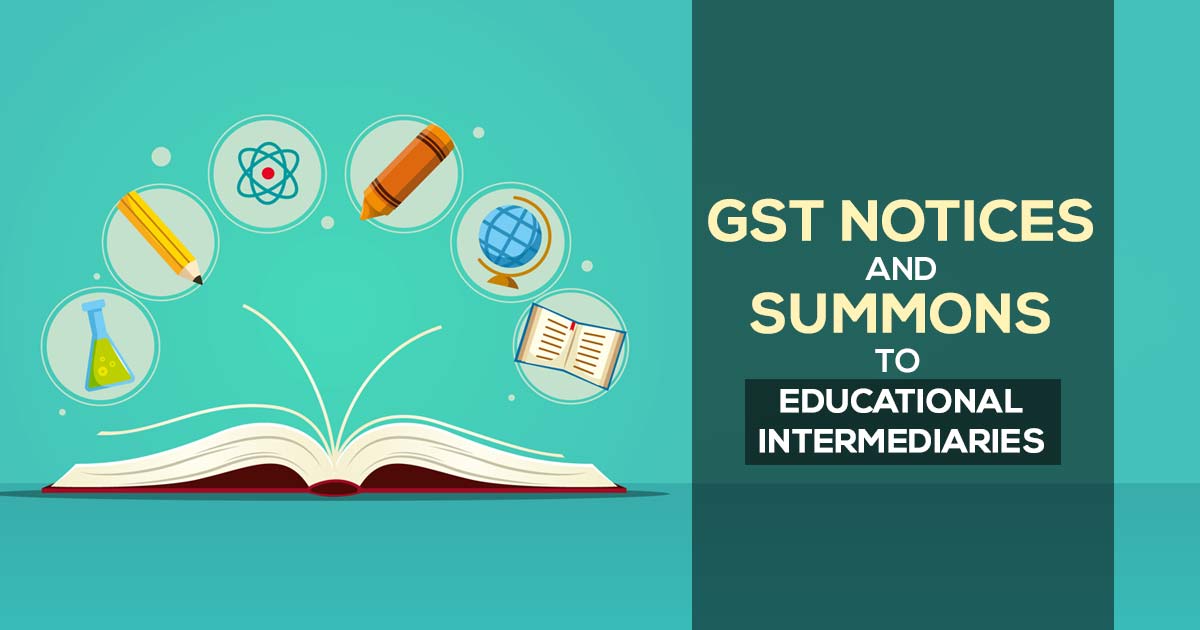
The Directorate General of GST Intelligence (DGGI), has sent summonses and notices to approximately a dozen prominent education brokers that provide services to Indian students and help them get admission to international universities.
As per the finding of the tax officials, these businesses did not pay goods and services tax (GST) on the services they offered to Indian students. According to them, the estimation of 600 crore worth of GST has been evaded.
Between the last week of March and April 15, these notices were issued.
Without naming the organisations in the matter, a senior official said: “Our inquiry indicated that these firms who work as a middleman are not paying taxes properly even though they are liable to pay GST. Evasion is believed to be worth approximately Rs. 600 crore.
Read Also: DGGI Starts Legal Proceedings Against Top e-Insurance Intermediary
Over a dozen letters have already been issued in the last 30 days, according to the official, and more are to be sent soon. The official stated, “We have already recovered taxes in the cases of three companies after conducting searches.”
To get a stay on the summons, several people have taken legal action or some are in the process of doing so.
Last year, the DGGI also sent a summons to a few entities. These are still the subject of legal action as being challenged in court.
The intermediaries responded that they primarily serve foreign universities and colleges and do not offer services to Indian students that are liable to GST. Typically, they serve as advisors to foreign universities and support international universities and colleges. Therefore, the majority of the services are provided on their own behalf, said the tax expert.
Experts explained that based on the terms of the contract, they cannot be characterised as intermediaries.
He continued by saying that there are often two tests: first, to see if the procedure fits the definition of an “intermediary,” and second, to see if taxing such services is constitutional when the services are being offered outside the country.
Read Also: DGGI Pledges Upto 20% Reward for Providing Details of GST Evasion
According to him, these educational services are more related to exports of services that are not liable to GST.
The definition of intermediaries needs to be fully understood, according to an insider in the business, because the law often leaves room for dilemma and is leading several litigations. Most cases never make it to court, which is confusing, especially when it comes to the place of service.









